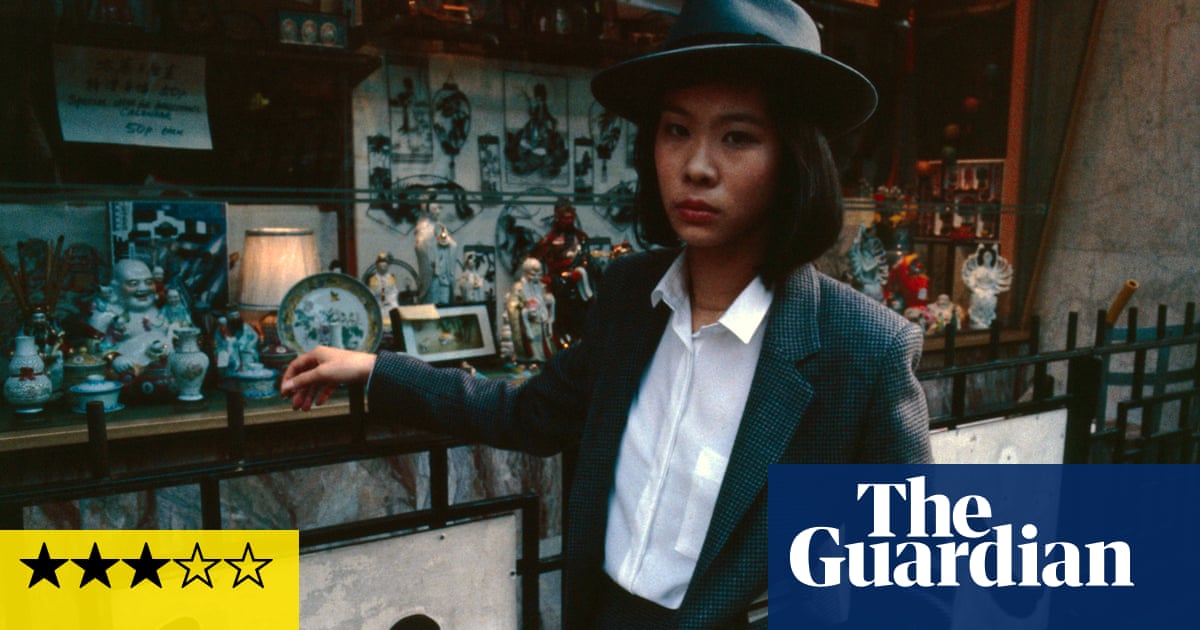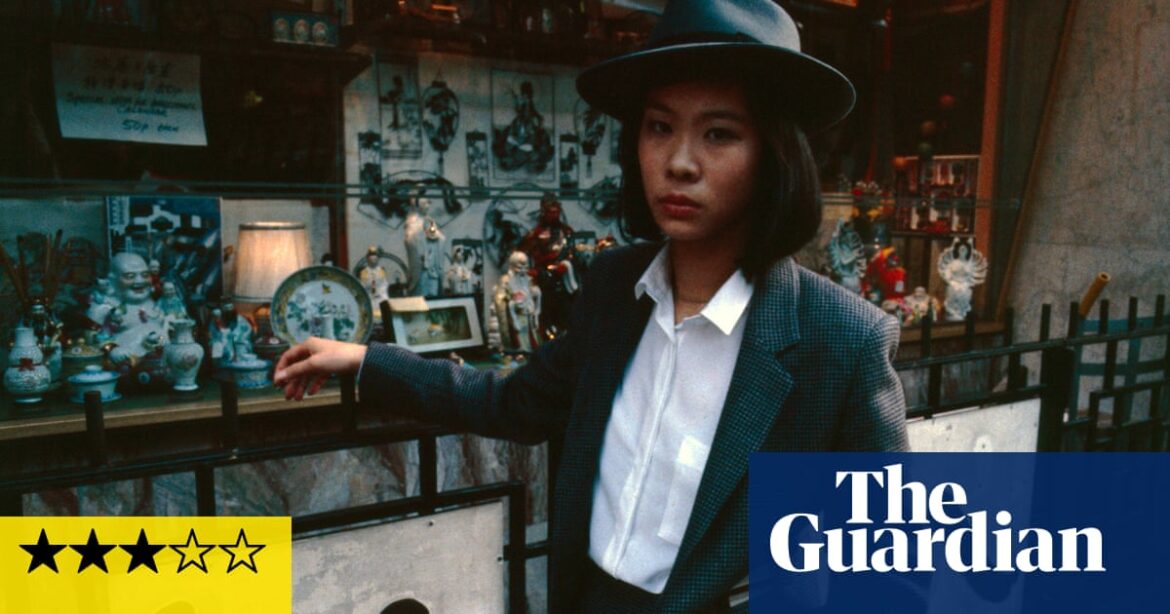
T
This is a charming movie called Ping Pong, directed by Leong Po Chih in 1986. It is a mystery-comedy set in London’s Chinatown and has recently been re-released. It was produced by Film Four, who also released the film Soursweet two years later, which is based on a novel by Timothy Mo and is more serious in tone. Ping Pong is very enjoyable, but personally, I find it slightly subdued and slow-paced, which takes away some of its energy. It is a fun and unrealistic adventure that may have been influenced by the classic movie Laughter in Paradise starring Alistair Sim. The film also makes sharp commentary on the racism and marginalization faced by Chinese communities in Britain, both then and now.
Lucy Sheen’s first acting appearance was in the role of Elaine, a law student who is given the responsibility of managing the will of Mr Wong, a recently deceased owner of a Chinatown restaurant. The will contains unusual conditions that seem to encourage arguments and self-reflection among the beneficiaries. Mr Wong divides his restaurant and assets among his adult children, in-laws, and friends with the condition that they continue to operate everything in a traditional Chinese manner and refrain from indulging in vices such as drinking and gambling. Elaine realizes that it may be her duty to enforce these rules. However, there is also a provision for an unknown Englishwoman named Sarah Lee, who may have had a secret relationship with Mr Wong.
Unfortunately, he desires for his remains to be repatriated to his hometown in China. This would require a family member to accompany the casket on the flight, and the relatives must come to a decision on who will take on this responsibility. The role of eldest son Mike is played by David Yip, a ruthless businessman who plans to construct a seven-story modern building on the land where his father’s old home stood. Ric Young portrays younger brother Alan, another businessman who is married to an Englishwoman. Robert Lee plays Mr. Chen, an old friend of Wong’s who is an avid supporter of Arsenal and has a love for all things British, unlike Wong himself. Meanwhile, Elaine struggles to get these individuals to sign the necessary documents and feels like she is being tossed back and forth between them like a ping pong ball. She also grapples with her Chinese and British identities in a similar manner.
The 1980s provided some intriguing footage of Chinatown and Soho, including a glimpse into their hidden rooftop world which is now enjoyed by members’ clubs. The film also features some engaging conversations, such as the exchange between two characters regarding when they last saw their respective father and dentist. A pretentious government official condescendingly asks Elaine where she learned her impeccable English, to which she kindly responds that she was born in the UK. The film’s unpredictable charm carries it forward.
Bypass the newsletter advertisement.
after newsletter promotion
Source: theguardian.com



